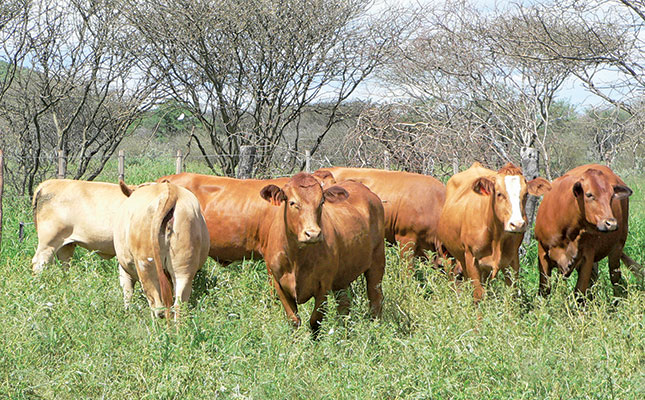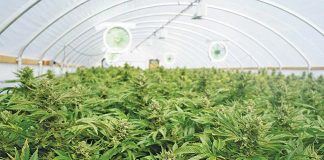
Agriculture in Namibia presents great opportunities for economic growth, employment creation, food security and poverty eradication. To realise its full potential, however, the sector has to overcome a host of challenges.
This is according Mr Sakaria Nghikembua, CEO of Namibia’s Agribank, who spoke at the 2018 Agricultural Outlook Conference hosted by the Namibian Agricultural Union (NAU) in Windhoek on 10 October.
Nghikembua said that the challenges included over-reliance on livestock farming, a skills deficit in the sector (especially amongst new entrants), lack of access to markets, and a relatively high food import bill.
He added that the country was also subject to recurring drought and erratic rainfall. This made over-reliance on livestock production and lack of diversification all the more challenging.
Nghikembua highlighted Namibia’s imports of white maize as a contributor to the high food import costs, adding that horticultural products were also imported.
“Although good progress has been made in the local horticulture sector, we need to do more to close the import gap. We have access to sufficient fertile land and water resources to increase our self-reliance,” he said.
He expressed concern about the declining contribution of agriculture to national gross domestic products. The past 11 years had seen a marginal but clear reduction in the contribution of agriculture to Namibia’s gross domestic product (GDP).
In 2007, agriculture’s contribution (at current prices) to GDP was 5,3%. In 2017, it had fallen to 4,5%. The lowest continuous contribution was in the period 2013 to 2016, due to severe drought during much of that time.
According to Nghikembua, the NAU needed to act upon all of these challenges in collaboration with strategic stakeholders. As an example, he cited diversification to assist with climate resilience.
He added that training and mentorships were needed to improve skills in the sector, and linkages with other farmers’ unions in the country were of the essence.













